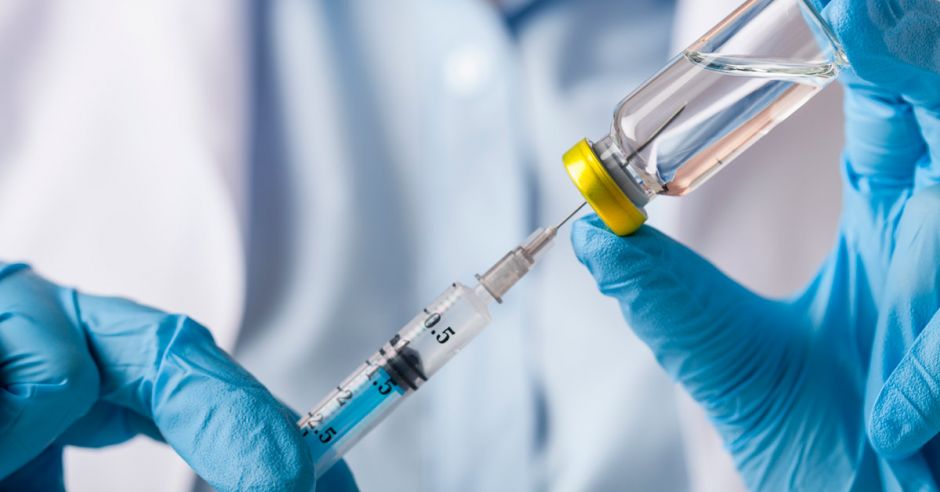By Haruna Gimba with agency report
Scientists are working on a benchmark for COVID-19 vaccine efficacy that would allow drugmakers to conduct smaller, speedier human trials to get them to market and address a huge global vaccine shortage.
Researchers are trying to determine just what level of COVID-19 antibodies a vaccine must produce to provide protection against the illness.
Regulators already use such benchmarks – known as correlates of protection – to evaluate flu vaccines without requiring large, lengthy clinical trials.
“You could use it to predict efficacy from a vaccine, which will be more important as we are less able to conduct placebo-controlled trials,” said Stanley Plotkin, inventor of the Rubella vaccine and an expert on correlates of protection.
“The information is flowing in. By the end of this year, I think there will be enough data to convince everyone,” he said.
An established benchmark for COVID-19 would allow drugmakers to conduct vaccine trials in just a few thousand people, about one-tenth the size of the studies conducted to gain authorization for currently widely-used coronavirus shots, researchers and drugmakers told Reuters.
Those studies, involving tens of thousands of volunteers, compared the rate of COVID-19 infections in people who received the shot with the rate in participants who got a placebo.
Such randomized, controlled trials may no longer be considered ethical in some countries, as researchers cannot give a dummy shot to people where an effective vaccine is widely available.
In addition, many of the new shots are being developed by small companies that may not be able to conduct very large trials without government funding or a partner with deep pockets.
With an established correlate, drugmakers could test blood samples from a smaller number of trial participants who receive an experimental vaccine to see whether they produced that benchmark level of protective antibodies.
Such a benchmark is “urgently needed” to help overcome challenges faced by vaccine developers and boost availability of shots, Dr. Florian Krammer, a virologist at the Icahn School of Medicine at Mount Sinai in New York wrote this month in the journal Nature.
Researchers at Oxford University late last month proposed a potential correlate of protection based on antibodies found in people who had received the AstraZeneca (AZN.L) vaccine. The work awaits peer reviewed by other scientists.
Results from a U.S.-backed study of Moderna’s (MRNA.O) vaccine are expected to be published in a medical journal later this summer. “We’re writing the paper right now,” said Dr. Peter Gilbert, a biostatistician from the Fred Hutchinson Cancer Research Center.
Some vaccine experts question whether antibody levels will be a strong enough indicator of protection.
Other components of the immune system, such as T-cells and B-cells, are thought to provide important defenses against COVID-19, but are more difficult to measure.
That has been the contention of some top vaccine experts at Pfizer (PFE.N), maker along with BioNTech of one of the most effective COVID-19 vaccines, produced in the largest quantities globally.
It is also possible that each different type of coronavirus vaccine will require its own correlate, some experts said.
Drugmakers working on a new type of vaccine likely would not be able to rely on the correlates based on Moderna’s messenger RNA shot, they say.




